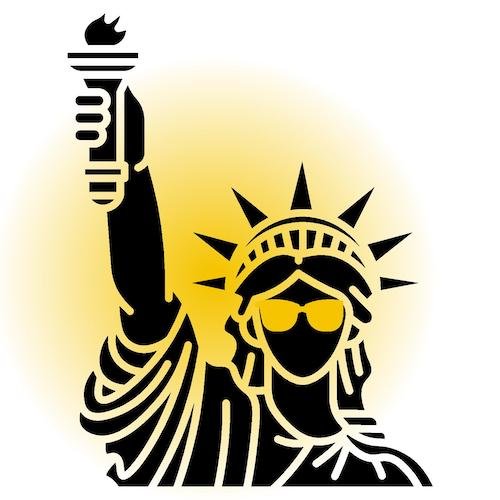Education policy is a pivotal topic in libertarian discourse, reflecting the philosophy’s core values of freedom, choice, and minimal government intervention. This article explores how libertarian principles apply to schooling, shedding light on alternative approaches that challenge the traditional public education system. In an era marked by educational reforms and debates over the best paths to learning, understanding the libertarian stance on education is both timely and essential.
The Libertarian Stance on Public Education
Libertarians typically view the current public education system with a critical eye, focusing on its perceived inefficiencies and lack of individual choice. A central critique is the one-size-fits-all nature of state-run schooling, which often fails to accommodate diverse student needs, learning styles, and interests.
Government control over curricula, standards, and funding is also a point of contention. Libertarians argue that such centralized control stifles innovation and fails to provide quality education that meets the varied requirements of students. The libertarian critique extends to issues like standardized testing and federal mandates, which are seen as bureaucratic impositions that do not necessarily translate into educational excellence.
Advocating for School Choice
At the heart of libertarian education policy is the advocacy for school choice. This encompasses a range of options, including charter schools, school vouchers, and homeschooling. The idea is to create an educational marketplace where schools compete for students, driving improvements in quality and offering families the ability to choose a school that best fits their child’s needs.
The school choice argument posits that when parents can choose where to send their children, schools are incentivized to improve to attract and retain students. This competition is viewed as a pathway to higher educational standards, innovation, and diversity in teaching methods and curricula. However, implementing school choice is not without challenges and criticisms, such as concerns about the impact on public school funding and the potential for increased segregation.
The Role of Private Sector and Privatization
Another cornerstone of the libertarian approach to education is the emphasis on the private sector and privatization. Libertarians advocate for a significant role for private schools, arguing that they often outperform public counterparts due to market competition and efficiency.
Privatization is seen as a means to break the monopoly of public education and introduce market dynamics into schooling. This approach is thought to lead to better resource allocation, more innovative teaching methods, and education that is more closely aligned with students’ and parents’ desires. However, this view is not without detractors who raise concerns about access and equity, particularly for disadvantaged communities.

Decentralization and Local Control
A key aspect of libertarian education policy is the push for decentralization and the empowerment of local communities in managing schools. Libertarians argue that local control ensures a more direct response to the needs and preferences of the community, leading to more relevant and effective educational outcomes.
This decentralized approach aligns with libertarian values of autonomy and reduced state intervention. It suggests that decisions about schooling, including curricula and funding, should be made by those closest to the students — parents, teachers, and local school boards. This model is posited to foster greater innovation and flexibility, allowing schools to adopt practices and policies that are best suited to their unique student populations.
Alternative Educational Models and Innovation
Libertarian thought also embraces a variety of alternative educational models that break away from conventional schooling structures. These include Montessori, Waldorf, and unschooling approaches, each offering a unique perspective on learning and development.
Montessori and Waldorf schools, for example, focus on holistic education, emphasizing creativity, critical thinking, and hands-on learning experiences. Unschooling, another model often championed by libertarians, advocates for student-led learning, where education is guided by the child’s interests and pace.
These models represent a libertarian commitment to individualized education and the belief that students thrive in environments where they can pursue their interests and learn in ways that suit their personal learning styles. The feasibility of these models on a larger scale is an ongoing discussion, with libertarians advocating for the freedom to choose and experiment with different educational approaches.
Conclusion
The libertarian approach to education policy offers a unique perspective on schooling and choice, centered around the principles of freedom, individuality, and minimal government intervention. By advocating for school choice, privatization, local control, and innovative educational models, libertarians seek to create an education system that is more responsive to the needs of students and less constrained by bureaucratic structures.
As the education landscape continues to evolve, libertarian ideas present both challenges and opportunities for reform. They encourage a rethinking of traditional approaches and open the door to diverse and potentially more effective ways of learning and teaching.
In conclusion, the ongoing debate around education policy is enriched by the libertarian viewpoint, which emphasizes the importance of choice, competition, and innovation in creating an education system that not only educates but also inspires and empowers students.




